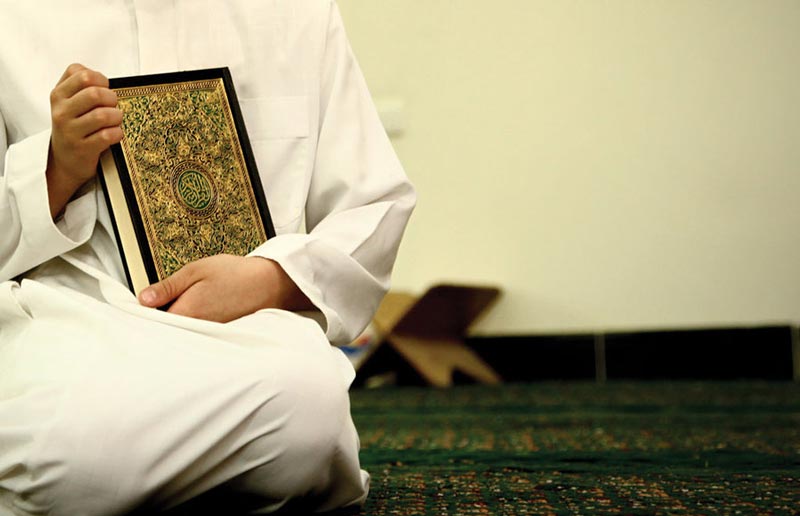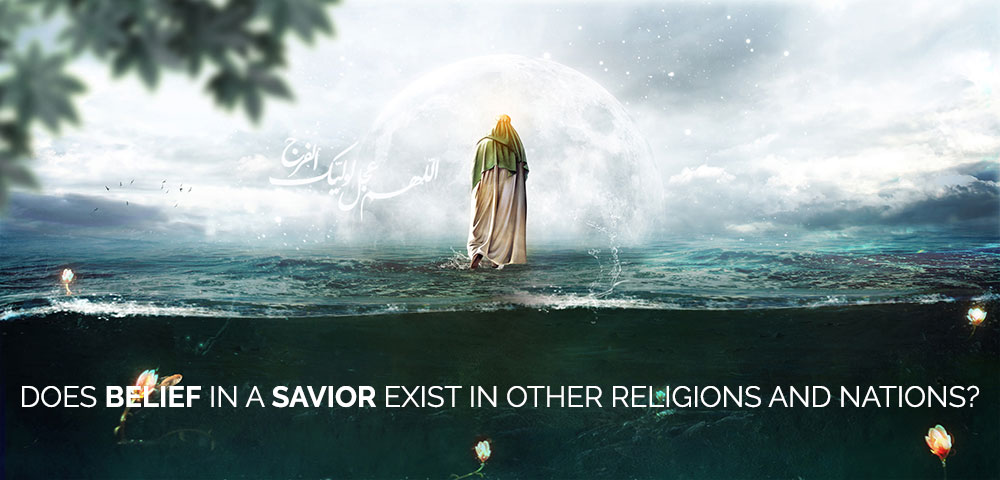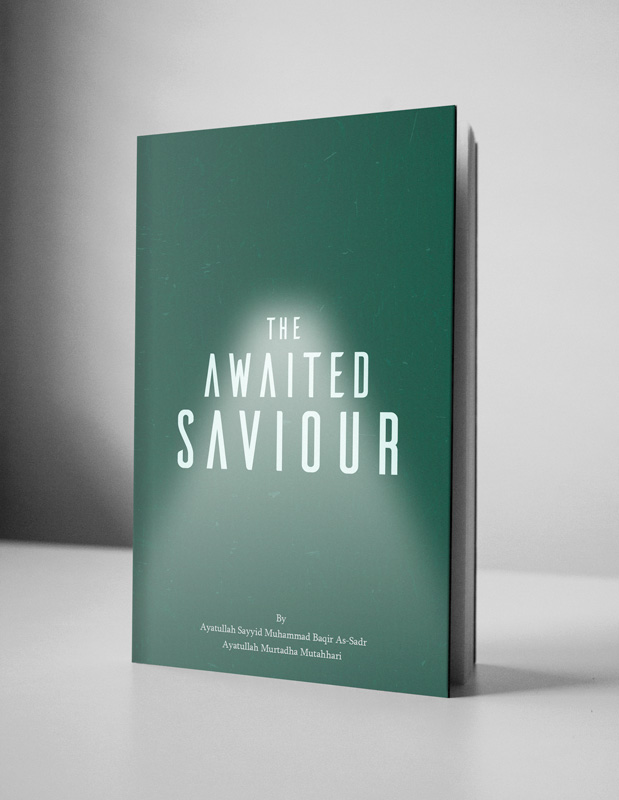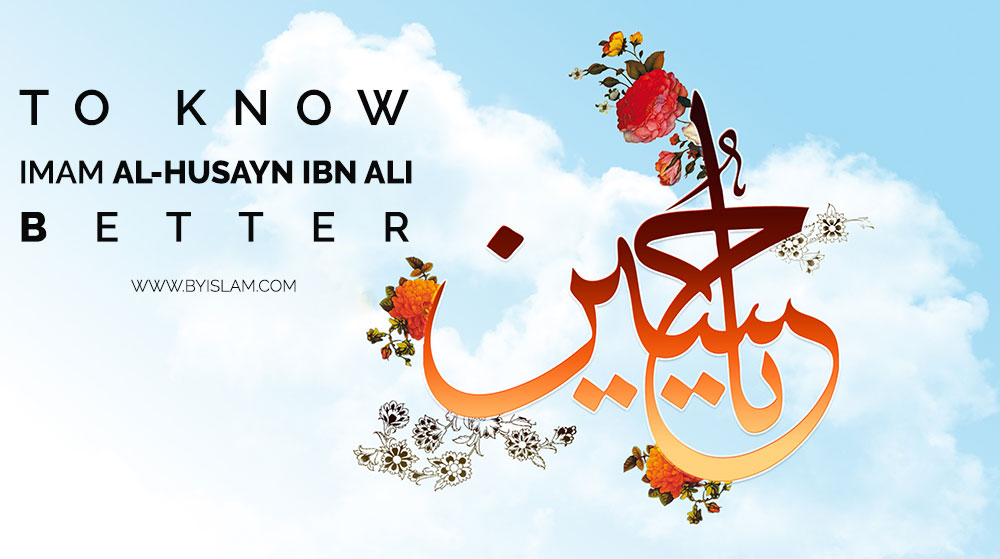Frequently Asked Questions on Zakat Al-Fitrah
 Frequently Asked Questions on Zakat Al-Fitrah
Frequently Asked Questions on Zakat Al-Fitrah
(According to Fataawa of Ayatullah Sayyid Ali al-Husayni Seestani)
by Academy of Learning Islam
Reproduced with permission from the Academy for Learning Islam.
Q. What is Zakatul Fitrah?
A: It is religious tax/alms (zakat) paid on the day when Muslims break the fasting period at the end of the month of Ramadhan. This alms is known as Zakat al-Fitrah.
Q. What do the Qur’an and Hadith say about Fitrah?
A: Imams (a) say that the verses: Indeed whosoever purifies himself shall achieve success, and glorifies the Name of his Lord and prays (87:14 & 15) refer to giving of Fitrah and saying prayers on Eid al-Fitr. Imam Ja`far as- Sadiq (a) said: for your fast to be accepted, give zakât.
Q. When does Fitrah become wajib?
A. Payment of Fitrah becomes obligatory after sunset on the eve of Eid al- Fitr. The Fitrah should be kept aside and paid on Eid al-Fitr before Eid prayers or before midday for those who cannot say their Eid prayers. It is necessary to have obligatory intention (niyyah) of giving Fitrah for God’s pleasure only.
Q. What happens if someone forgets or does not give Fitrah on time?
A. If one does not give out or set aside the Fitrah within the due time, he should give the Fitrah later, on the basis of precaution, without making the niyyah of adaa or qadhaa but only Qurbatan Ilallah.
Q. Can we give Fitrah in advance?
A. Giving Fitrah before the eve of Eid al-Fitr is not permissible. However, if you wish to send Fitrah earlier so that it reaches the needy on time, then you can send it as a temporary loan to the needy and then change your intention from loan to Fitrah on the eve of Eid al-Fitr.
Q. To whom is Fitrah obligatory?
A. Paying Fitrah is obligatory on every Muslim who is mature (baligh), sane, financially able, and conscious on the eve of Eid al-Fitr. Fitrah should also be paid on behalf of all dependents (e.g. wife, children) whom one supports financially.
Q. When is a host required to pay Fitrah for his guest?
A. If a person invites another person to his house on the eve of Eid al-Fitr and if the guest is present at the host’s place at the time of the sunset then it is obligatory for the host to pay Fitrah for his guest.
Q. What happens if the guest arrives after the sunset on Eid night?
A. In this case the guest will pay his/her own Fitrah and it is not obligatory on the host to pay Fitrah for the guest.
Q. What happens if a guest comes uninvited and is present at the time of the sunset on the eve of Eid al-Fitr?
A. Ayatullah Sayyid As-Sistani says that the host should still pay the Fitrah as an obligatory precaution. However, Marhum Ayatullah Sayyid al-Khui was of the opinion that is recommended for the host to pay Fitrah of an uninvited guest.
Q. How much should we pay for Fitrah?
A. Fitrah for a person is given on a weight of three kilograms (one sa`a) on any food commodity like wheat, barley, rice, millet, raisins or dates. Ayatullah Seestani is of the opinion that the item that is not a staple food in your town should not be given in Fitrah. Say, for example, if millet is not a staple in Vancouver then Vacouver mumineen should not pay Fitrah on millet.
Q. Can we give cash value of any commodity mentioned above?
A. Yes, cash value in lieu of any foodstuff mentioned can be given as Fitrah. Thus, if a kilo of rice costs $2.00, the cash value of Fitrah on rice per person would be $6.00. We recommend, Fitrah on basmati rice to be Canadian Dollars 7.00 for residents of Canada and US Dollars 6.00 for US residents. (Please check prices for other items in your areas.)
Q. Whom should we give the Fitrah to?
A. It is given to the needy who are unable to meet their own or their dependants annual living expenses, nor do they have the means to do so through earning. Ayatullah As-Seestani says that the needy who is given the fitrah must be a Shi`ah Ithna `Ashari.
Q. Who should not be given the Fitrah?
A. A needy who: consumes alcohol, does not say his daily prayers (salat), commits sins openly, or he who is known to use the Fitrah in sinful way.
Q. Are there any additional rules that we need to be aware of?
A. Following are some important rules:
(i) Fitrah should not be sent outside the town one resides in, if there are deserving mumineen in that town.
(ii) Fitrah from a non-Sayyid cannot be given to a needy Sayyid; the reverse is permissible.
(iii) A needy should be given at least one Fitrah
(iv) Amongst the needy, relatives should be preferred over others when giving Fitrah, next in line are neighbors and then the learned.










